Comments by Brian Shilhavy
Editor, Health Impact News
I haven’t written much about the situation in Ukraine since the alleged “war” there began, because it is mostly a distraction from the real issues happening in the world today, and one can probably pick any one of a dozen narratives currently floating around in the corporate media and alternative media about what is actually happening in Ukraine.
But it is important to understand that wars are always about economics, and the Globalists who influence the affairs of the world are not politicians, but primarily the bankers around the world who control the flow of finances.
I am still not prepared to address this topic much myself, at least not on the geopolitical scale, as my time and research are in other places right now, but I offer two articles just recently published that may give you a bit of perspective as to just where this is all heading that you may not be hearing or reading from your normal news sources.
The Last Straw
by JAMES RICKARDS
Daily Reckoning
The U.S. and its allies in the EU and others around the world have imposed the harshest economic sanctions on Russia that have ever been used. In the past, even nations directly at war with each other would continue to pay the debts they owed each other.
Since this war is in Ukraine, let’s look at another war that took place in present Ukraine from 1854–56, during the Crimean War.
Britain (and France) was at war with Russia. Yet throughout the war, the Russian government kept paying interest to British holders of its debt. The British government also kept paying its debts to the Russian government.
One British minister said that civilized nations should pay their debts, even to an enemy during wartime.
But that was then and this is now. The U.S. and its European allies outside of Ukraine aren’t even directly at war with Russia (not yet anyway), but they’ve still imposed the most punitive economic sanctions in history.
To a great extent, the Russian economy has been cut out of the global economy.
The Effects Will Last for Decades
Russia has been kicked out of the SWIFT global financial telecommunications system. A long list of Russian banks, oligarchs and major companies have been listed among those who cannot transact with Western parties. These include Gazprom (the major Russian natural gas company), among others.
Biden has also prohibited exports of semiconductors, high-tech equipment and other technology to Russia. When you add it all up, we should expect a decline on the order of 25% in Russian GDP in the first half of 2022. That’s massive.
Even when the kinetic war is over, probably in a month or so, the economic war will continue and the effects on the global economy (not just Russia) will last for decades. Still, Russia is not a punching bag that takes hits without hitting back.
They’ll fight the sanctions both with retaliatory measures of their own and with inventive workarounds designed to defeat the sanctions.
For example, Russia will be teaming up with China to roll out the Chinese credit card system (UnionPay) for Russian consumers. This comes after Visa and Mastercard ended all business with Russia. Their efforts won’t end there.
Good Luck Sanctioning Russian Gold
Russia is working with banks in China and India to reestablish hard currency payment channels.
There’s now proposed legislation in the U.S. Senate to freeze gold reserves held by the Central Bank of Russia.
Well, here’s the problem: The gold is physical, about 2,300 metric tonnes worth about $150 billion, and is stored inside Russia. It can’t actually be frozen or seized at all.
The legislation would impose secondary boycott sanctions on any party that assists Russia in transporting or transacting in gold. But this presumed sanction would be easy to evade.
For example, if Russia puts 100 metric tonnes of gold on a plane and flies it to Beijing in exchange for manufactured goods, they’re not exactly going to issue a press release about it. That’s the kind of transaction that will go undetected by U.S. intelligence.
Gold is an element, atomic number 79, and is easily melted down and re-refined into new gold bars with Chinese markings that are untraceable. The Central Bank of Russia can buy more gold from Russian miners for rubles to make up for the shipment.
Again, that gold is untraceable (Russia and China both have numerous gold refineries). If this is the best the U.S. can do then Putin is not only on his way to winning the shooting war, but he may win the financial war as well.
Unintended Consequences
Russia has also implemented capital controls that will shift the pain of sanctions from Russian borrowers to Western lenders who will now suffer defaults on the Russian bonds they own. And Russia has announced that it will cut off exports of important chemicals, metals and processed gasses to any nation that has sanctioned Russia.
These exports are indispensable to manufacturing processes including semiconductors, automobiles and agriculture. In the end, most of the economic pain will fall on Western manufacturing and farming.
This is where the law of unintended consequences comes into play. Over 65% of the processed neon gas used to power lasers that make semiconductors comes from Ukraine. Between 35% and 50% of strategic metals, such as titanium and aluminum, used in aircraft manufacture by Boeing and Airbus come from Russia. Much of the grain that feeds the Middle East and Africa comes either from Ukraine or Russia.
Russia also exports metals used in battery production for EVs including lithium, cobalt and nickel. The list goes on topped by oil, natural gas and coal, where Russia is the leading supplier to Europe.
If Russia follows through, we could be looking at a shutdown of major industries around the world from semiconductors (essential for automobiles, appliances, electronics, etc.) to heavy equipment and transportation.
The Biden administration will find out the hard way that in a globalized, densely connected world, what happens in Russia doesn’t stay in Russia. Russia may be the first victim of U.S. sanctions. But the entire world will pay the final price.
So will the dollar…
My Vision Is Coming to Pass
In 2009, I facilitated and participated in the first-ever financial war game hosted by the Pentagon. This war game was conducted at the top-secret Warfare Analysis Laboratory of the United States (code name: WALRUS) located in the Applied Physics Laboratory, about halfway between Washington, D.C., and Baltimore.
I wrote about this in 2011 in Chapters 1 and 2 of my book Currency Wars. The scenario I presented at the time was that Russia and China would accumulate large gold reserves, pool their gold and launch a new digital currency backed by gold in place of the U.S. dollar.
Russia and China would then insist that any purchases of Russian energy or Chinese manufactured goods be paid for in the new currency. It would be a clear-cut effort to get out from under U.S. dollar hegemony and to protect themselves from U.S. dollar-based economic sanctions.
Of course, that’s exactly what’s playing out today.
The Last Straw for Russia and the World
It took the U.S. dollar 33 years (1914–1944) to achieve its status as the leading global reserve currency. The dollar lost its gold link in 1971 but remained the leading reserve currency due in part to the petrodollar deal that was worked out by Nixon and Kissinger in 1974.
The world was flooded with dollars through a combination of Fed money printing and U.S. trade deficits.
The difficulties began in the 1990s and early 2000s when the U.S. used financial sanctions to punish enemies such as Iran, North Korea, Venezuela and, to a limited extent, Russia. The U.S. kept going back to sanctions over and over.
Now that the U.S. has frozen the reserves of the Central Bank of Russia, this is the last straw for Russia and the world.
After all, if dollar reserves are no longer a safe haven, then who needs dollar reserves? The world will demand something more dependable that can’t be frozen on U.S. whims.
The U.S. is destroying the value of the dollar by abusing sanctions. In the future, the dollar will not be that important. It won’t happen overnight, but the unprecedented sanctions against Russia will only accelerate the process.
Investors can prepare for the coming collapse of the dollar by increasing their allocations to physical gold. That’s the one form of money you cannot freeze or seize.
Regards,
Jim Rickards
for The Daily Reckoning
Say Hello to Russian Gold and the Chinese PetroYuan
The Russia-led Eurasia Economic Union and China just agreed to design the mechanism for an independent financial and monetary system that would bypass dollar transactions.
by Pepe Escobar
TheCradle.co
It was a long time coming, but finally some key lineaments of the multipolar world’s new foundations are being revealed.
On Friday, after a videoconference meeting, the Eurasian Economic Union (EAEU) and China agreed to design the mechanism for an independent international monetary and financial system. The EAEU consists of Russia, Kazakhstan, Kyrgyzstan, Belarus and Armenia, is establishing free trade deals with other Eurasian nations, and is progressively interconnecting with the Chinese Belt and Road Initiative (BRI).
For all practical purposes, the idea comes from Sergei Glazyev, Russia’s foremost independent economist, a former adviser to President Vladimir Putin and the Minister for Integration and Macroeconomics of the Eurasia Economic Commission, the regulatory body of the EAEU.
Glazyev’s central role in devising the new Russian and Eurasian economic/financial strategy has been examined here. He saw the western financial squeeze on Moscow coming light-years before others.
Quite diplomatically, Glazyev attributed the fruition of the idea to “the common challenges and risks associated with the global economic slowdown and restrictive measures against the EAEU states and China.”
Translation: as China is as much a Eurasian power as Russia, and they need to coordinate their strategies to bypass the US unipolar system.
The Eurasian system will be based on “a new international currency,” most probably with the yuan as reference, calculated as an index of the national currencies of the participating countries, as well as commodity prices. The first draft will be already discussed by the end of the month.
The Eurasian system is bound to become a serious alternative to the US dollar, as the EAEU may attract not only nations that have joined BRI (Kazakhstan, for instance, is a member of both) but also the leading players in the Shanghai Cooperation Organization (SCO) as well as ASEAN. West Asian actors – Iran, Iraq, Syria, Lebanon – will be inevitably interested.
In the medium to long term, the spread of the new system will translate into the weakening of the Bretton Woods system, which even serious US market players/strategists admit is rotten from the inside. The US dollar and imperial hegemony are facing stormy seas.
Show me that frozen gold
Meanwhile, Russia has a serious problem to tackle. This past weekend, Finance Minister Anton Siluanov confirmed that half of Russia’s gold and foreign reserves have been frozen by unilateral sanctions. It boggles the mind that Russian financial experts have placed a great deal of the nation’s wealth where it can be easily accessed – and even confiscated – by the ‘Empire of Lies’ (copyright Putin).
At first, it was not exactly clear what Siluanov had meant. How could the Central Bank’s Elvira Nabiulina and her team let half of foreign reserves and even gold be stored in Western banks and/or vaults? Or is this some sneaky diversionist tactic by Siluanov?
No one is better equipped to answer these questions than the inestimable Michael Hudson, author of the recent revised edition of Super Imperialism: The Economic Strategy of the American Empire.
Hudson was quite frank: “When I first heard the word ‘frozen,’ I thought that this meant that Russia was not going to expend its precious gold reserves on supporting the ruble, trying to fight against a Soros-style raid from the west. But now the word ‘frozen’ seems to have meant that Russia had sent it abroad, outside of its control.”
“It looks like at least as of last June, all Russian gold was kept in Russia itself. At the same time, it would have been natural to have kept securities and bank deposits in the United States and Britain, because that is where most intervention in world foreign exchange markets occurs,” Hudson added.
Essentially, it’s all still up in the air: “My first reading assumed that Russia must be doing something smart. If it was smart to move gold abroad, perhaps it was doing what other central banks do: ‘lend” it to speculators, for an interest payment or fee. Until Russia tells the world where its gold was put, and why, we can’t fathom it. Was it in the Bank of England – even after England confiscated Venezuela’s gold? Was it in the New York Fed – even after the Fed confiscated Afghanistan’s reserves?”
So far, there has been no extra clarification either from Siluanov or Nabiulina. Scenarios swirl about a string of deportations to northern Siberia for national treason. Hudson adds important elements to the puzzle:
“If [the reserves] are frozen, why is Russia paying interest on its foreign debt falling due? It can direct the “freezer’ to pay, to shift the blame for default. It can talk about Chase Manhattan’s freezing of Iran’s bank account from which Iran sought to pay interest on its dollar-denominated debt. It can insist that any payments by NATO countries be settled in advance by physical gold. Or it can land paratroopers on the Bank of England, and recover gold – sort of like Goldfinger at Fort Knox. What is important is for Russia to explain what happened and how it was attacked, as a warning to other countries.”
As a clincher, Hudson could not but wink at Glazyev: “Maybe Russia should appoint a non-pro-westerner at the Central Bank.”
The petrodollar game-changer
It’s tempting to read into Russian Foreign Minister Sergey Lavrov’s words at the diplomatic summit in Antalya last Thursday as a veiled admission that Moscow may not have been totally prepared for the heavy financial artillery deployed by the Americans:
“We will solve the problem – and the solution will be to no longer depend on our western partners, be it governments or companies that are acting as tools of western political aggression against Russia instead of pursuing the interests of their businesses. We will make sure that we never again find ourselves in a similar situation and that neither some Uncle Sam nor anybody else can make decisions aimed at destroying our economy. We will find a way to eliminate this dependence. We should have done it long ago.”
So, ‘long ago’ starts now. And one of its planks will be the Eurasian financial system. Meanwhile, ‘the market’ (as in, the American speculative casino) has ‘judged’ (according to its self-made oracles) that Russian gold reserves – the ones that stayed in Russia – cannot support the ruble.
That’s not the issue – on several levels. The self-made oracles, brainwashed for decades, believe that the Hegemon dictates what ‘the market’ does. That’s mere propaganda. The crucial fact is that in the new, emerging paradigm, NATO nations amount to at best 15 percent of the world’s population. Russia won’t be forced to practice autarky because it does not need to: most of the world – as we’ve seen represented in the hefty non-sanctioning nation list – is ready to do business with Moscow.
Iran has shown how to do it. Persian Gulf traders confirmed to The Cradle that Iran is selling no less than 3 million barrels of oil a day even now, with no signed JCPOA (Joint Comprehensive Plan of Action agreement, currently under negotiation in Vienna). Oil is re-labeled, smuggled, and transferred from tankers in the dead of night.
Another example: the Indian Oil Corporation (IOC), a huge refiner, just bought 3 million barrels of Russian Urals from trader Vitol for delivery in May. There are no sanctions on Russian oil – at least not yet.
Washington’s reductionist, Mackinderesque plan is to manipulate Ukraine as a disposable pawn to go scorched-earth on Russia, and then hit China. Essentially, divide-and-rule to smash not only one but two peer competitors in Eurasia who are advancing in lockstep as comprehensive strategic partners.
As Hudson sees it: “China is in the cross-hairs, and what happened to Russia is a dress rehearsal for what can happen to China. Best to break sooner than later under these conditions. Because the leverage is highest now.”
All the blather about “crashing Russian markets,” ending foreign investment, destroying the ruble, a “full trade embargo,” expelling Russia from “the community of nations,” and so forth – that’s for the zombified galleries. Iran has been dealing with the same thing for four decades, and survived.
Historical poetic justice, as Lavrov intimated, now happens to rule that Russia and Iran are about to sign a very important agreement, which may likely be an equivalent of the Iran-China strategic partnership. The three main nodes of Eurasia integration are perfecting their interaction on the go, and sooner rather than later, may be utilizing a new, independent monetary and financial system.
But there’s more poetic justice on the way, revolving around the ultimate game-changer. And it came much sooner than we all thought.
Saudi Arabia is considering accepting Chinese yuan – and not US dollars – for selling oil to China. Translation: Beijing told Riyadh this is the new groove. The end of the petrodollar is at hand – and that is the certified nail in the coffin of the indispensable Hegemon.
Meanwhile, there’s a mystery to be solved: where is that frozen Russian gold?
Full article at TheCradle.co.
This article was written by Human Superior Intelligence (HSI)
See Also:
Understand the Times We are Currently Living Through
Where is Your Citizenship Registered?
The Bewitching of America with the Evil Eye and the Mark of the Beast
Jesus Christ’s Opposition to the Jewish State: Lessons for Today
Distinguishing True Prophets from False Prophets in These Evil Modern Times
Who Controls the World? by Dr. A. True Ott
Exposing the Christian Zionism Cult
Insider Exposes Freemasonry as the World’s Oldest Secret Religion and the Luciferian Plans for The New World Order
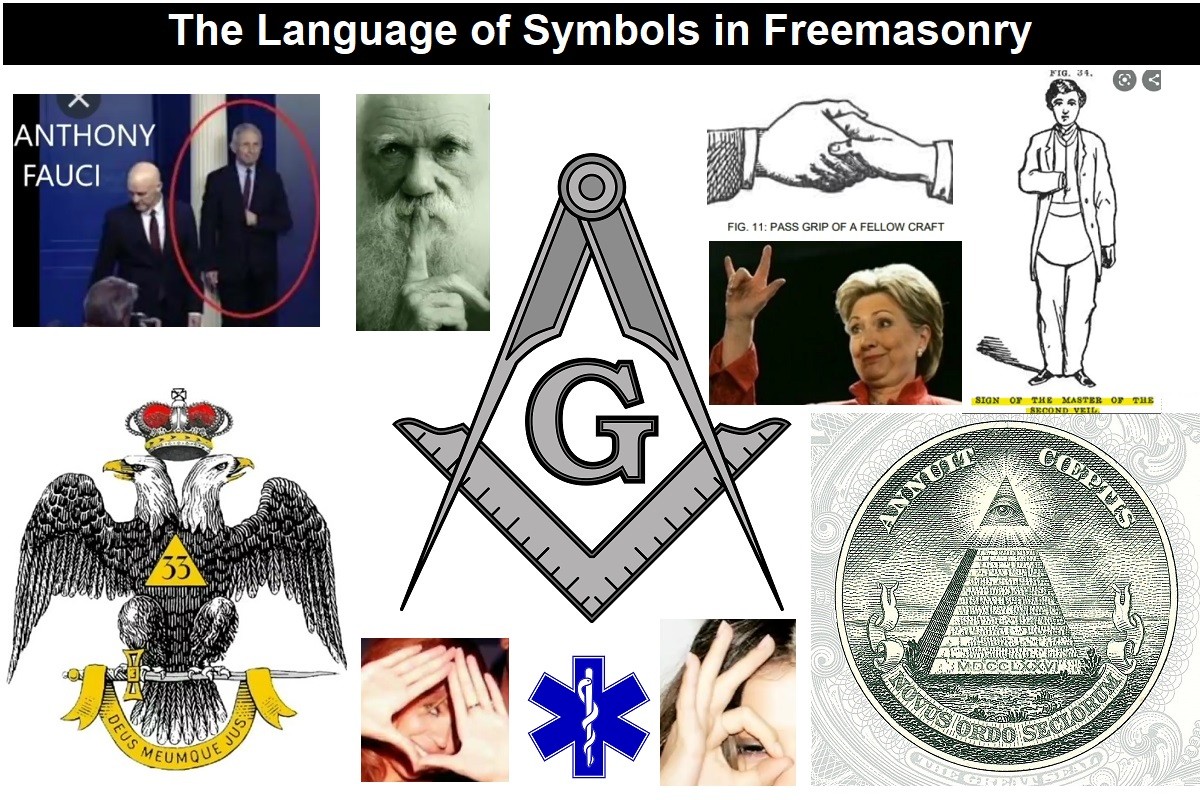
Identifying the Luciferian Globalists Implementing the New World Order – Who are the “Jews”?
The Brain Myth: Your Intellect and Thoughts Originate in Your Heart, Not Your Brain
Fact Check: “Christianity” and the Christian Religion is NOT Found in the Bible – The Person Jesus Christ Is
The Seal and Mark of God is Far More Important than the “Mark of the Beast” – Are You Prepared for What’s Coming?
The Satanic Roots to Modern Medicine – The Mark of the Beast?
Medicine: Idolatry in the Twenty First Century – 8-Year-Old Article More Relevant Today than the Day it was Written
Having problems receiving our emails? See:
How to Beat Internet Censorship and Create Your Own Newsfeed
We Are Now on Telegram. Video channels at Bitchute, and Odysee.
If our website is seized and shut down, find us on Telegram, as well as Bitchute and Odysee for further instructions about where to find us.
If you use the TOR Onion browser, here are the links and corresponding URLs to use in the TOR browser to find us on the Dark Web: Health Impact News, Vaccine Impact, Medical Kidnap, Created4Health, CoconutOil.com.





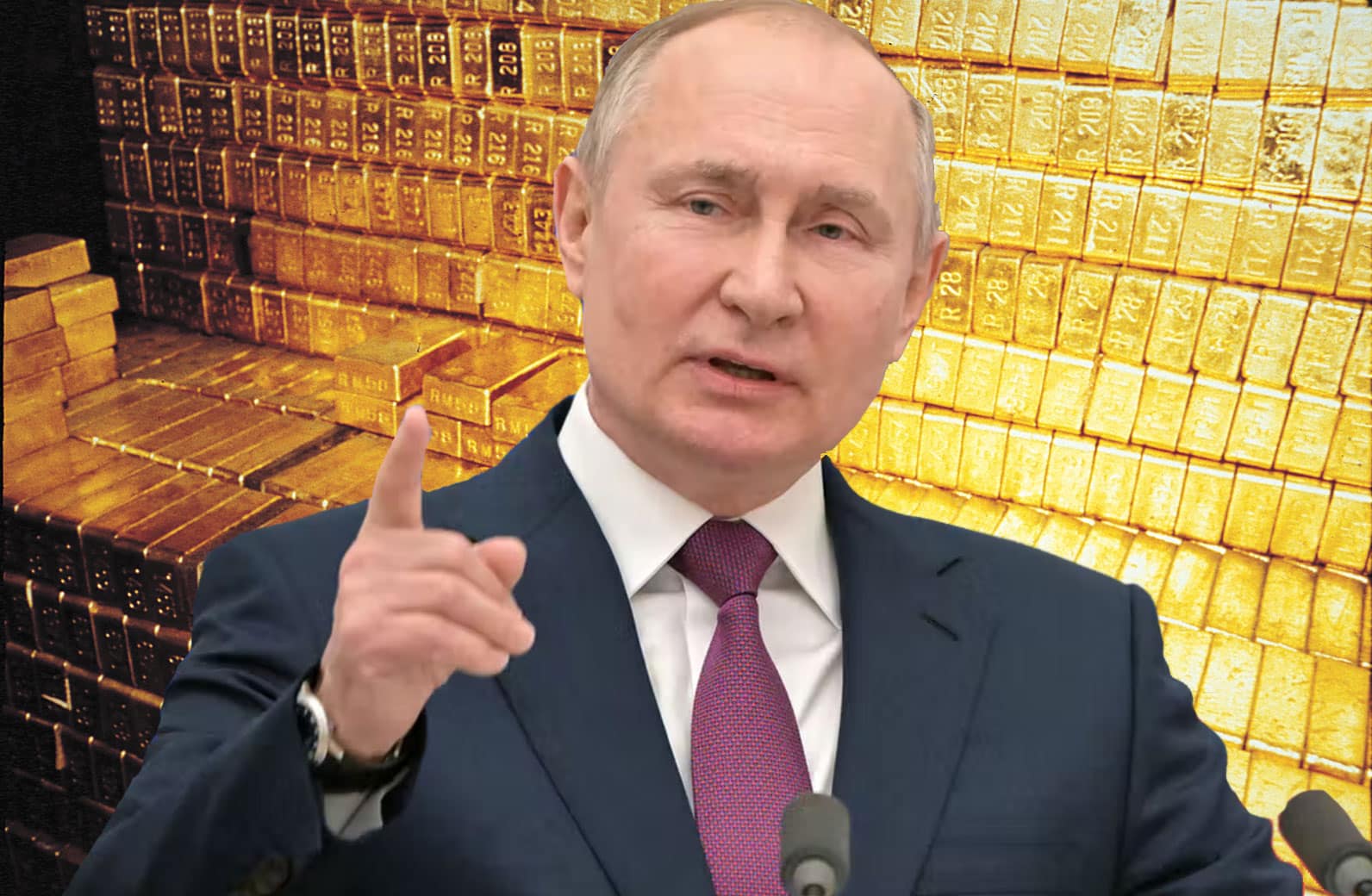

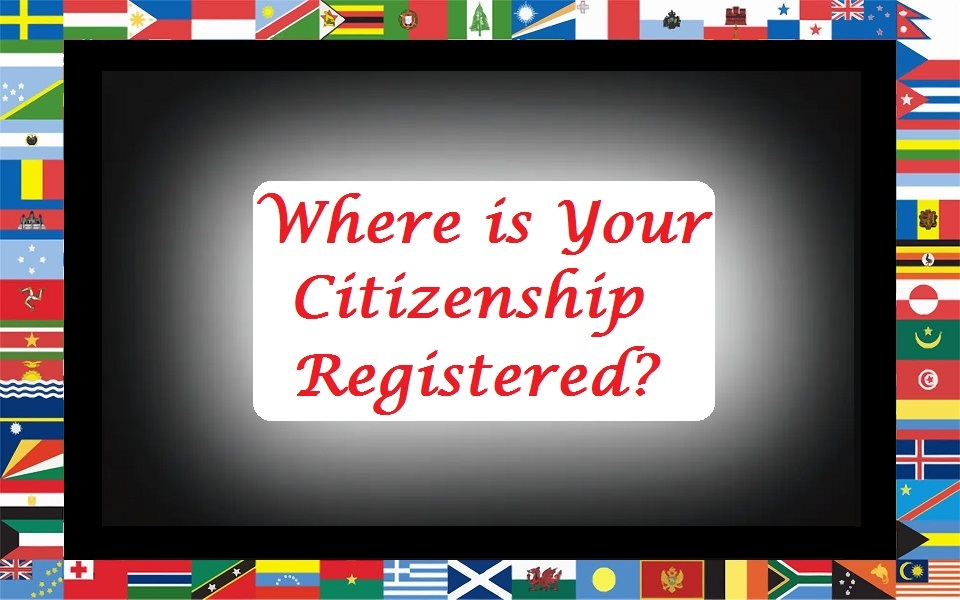
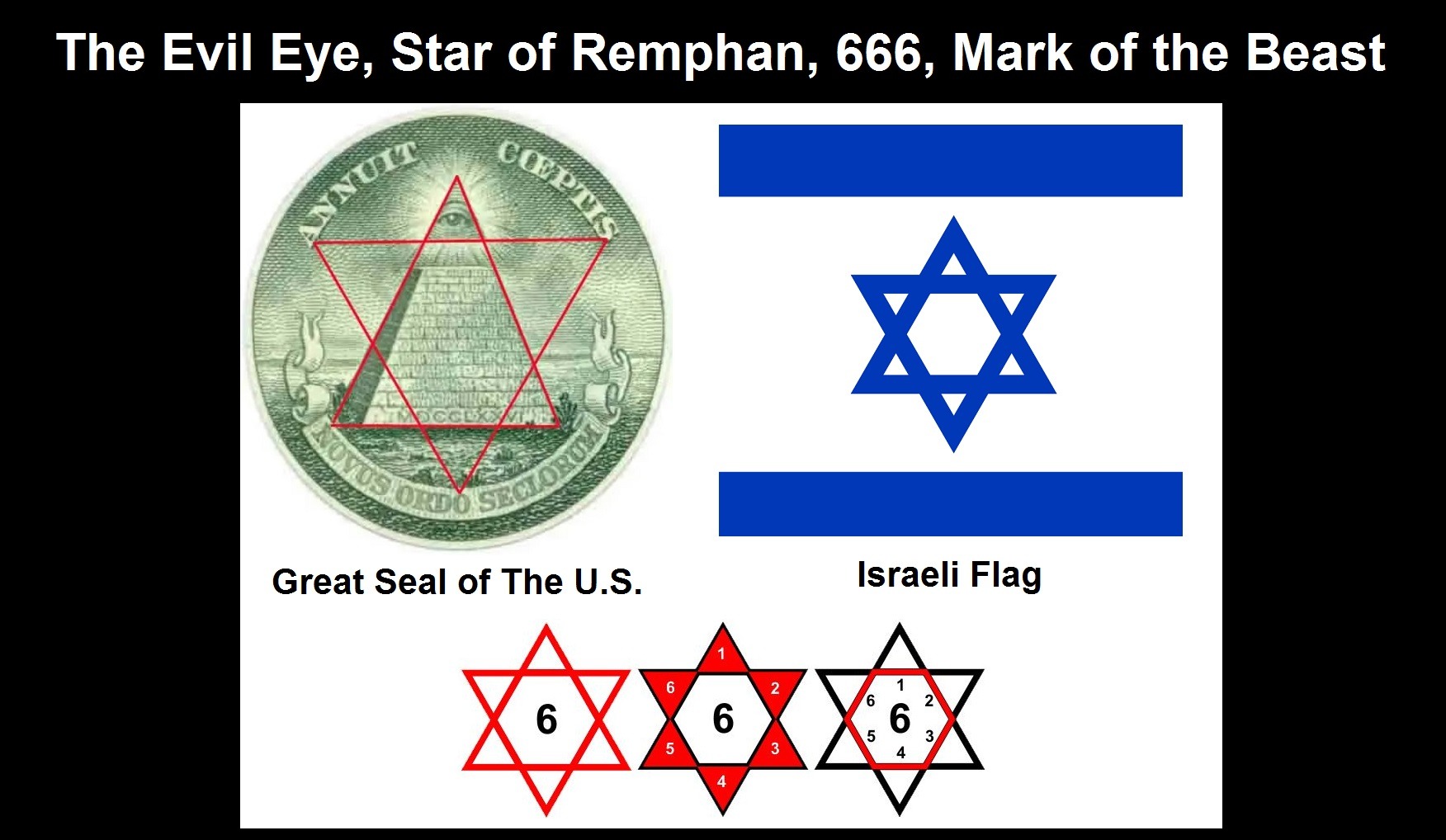


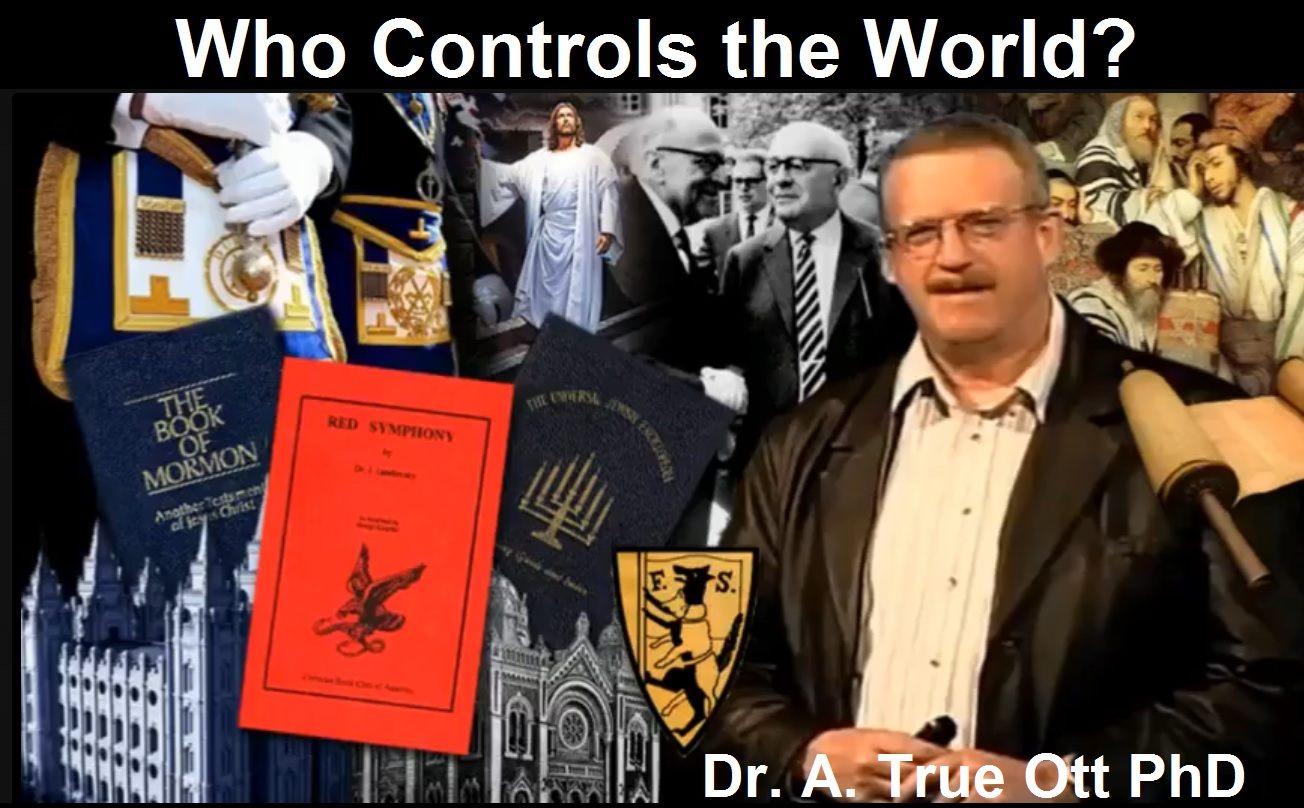




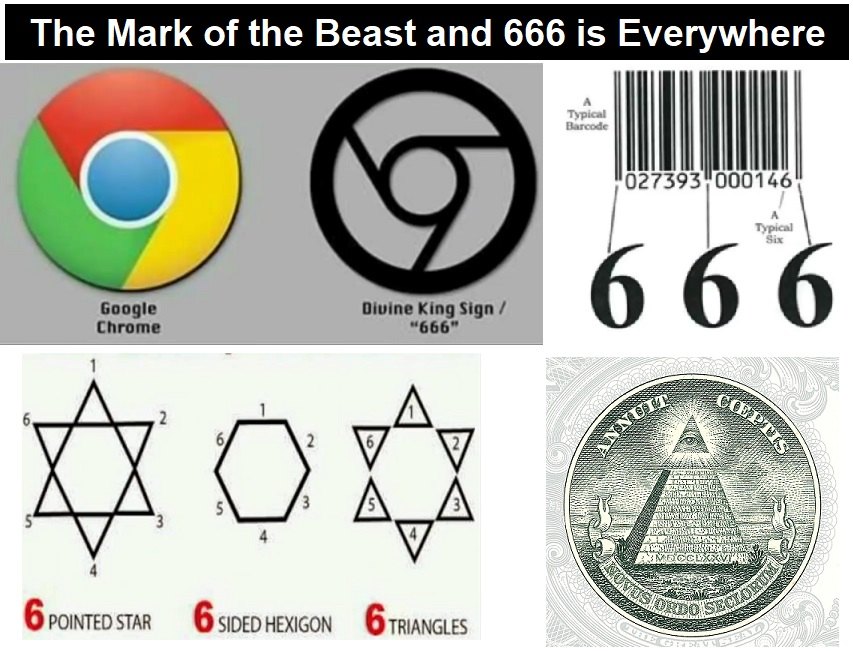

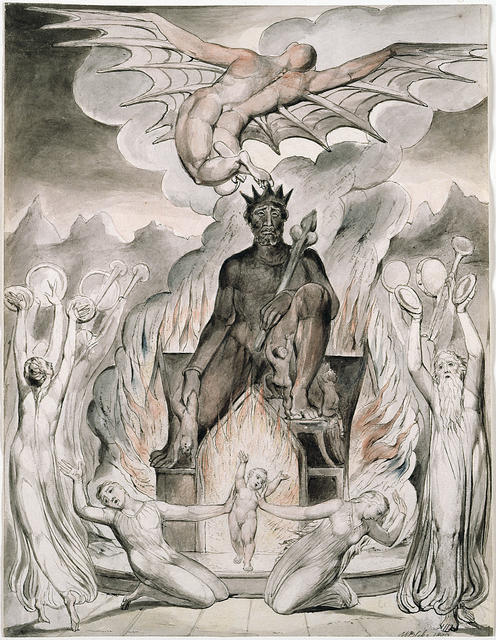


One Comment